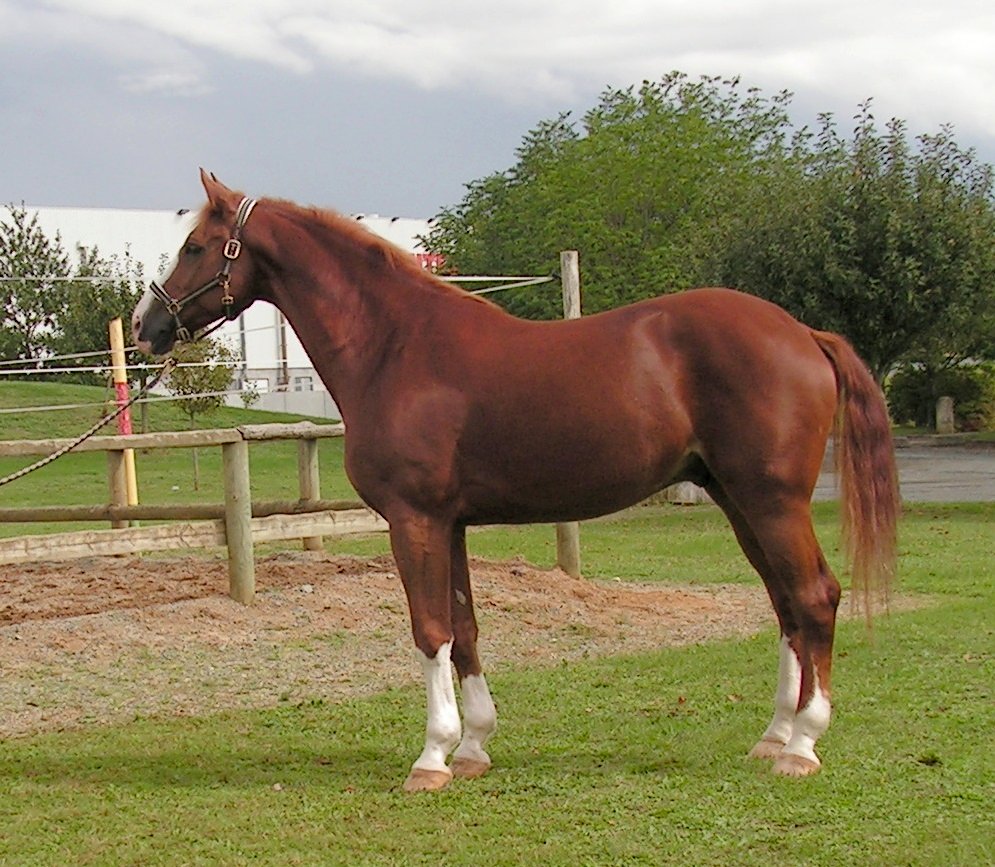Basque zaldi 'horse' has correspondences in the Iberian antroponym formant saldu and Berber a-serdun 'mule'. Although some authors have proposed a link to thieldones 'a breed of Asturian ambling horses' (Pliny) < IE *del- 'to shake' (cfr. English tilt), in my opinion this is semantically unsatisfactory.
I'd propose a link to IE *gwold- 'foal, young of an ass' > Germanic *kult-a- 'colt' (English colt), Sanskrit gardabhá- 'ass'1, with assibilation of the initial velar. This is a Wanderwort found in Caucasian *gwælV (~ -ɫ-) 'horse' (a Nakh-Tsezian isogloss) and which also designates the onager (Equus hemionus): Farsi gur 'Persian onager (Equus hemionus onager)', Hindi khur 'Indian wild ass (Equus hemionus khur)'.
The ultimate origin is Altaic: Turkic *Kulum 'foal', Mongolian *kulan 'Mongolian wild ass (Equus hemionus hemionus)'2, linked by the EDAL to Tungusic *ku(l)ma- 'maral/wapiti (Cervus canadensis)' and Japonic *kuáma 'foal, colt', thus reconstructing a protoform *kúlme 'a k. of ungulate'.
1 Tocharian B kercapo 'ass, donkey' is likely an early Indo-Arian loanword. See D.A. Adams (1999): A Dictionary of Tocharian B, p. 195-196.
2 Borrowed by Turkic, where it designates the Turkmenian kulan (Equus hemionus kulan).
2 Borrowed by Turkic, where it designates the Turkmenian kulan (Equus hemionus kulan).





